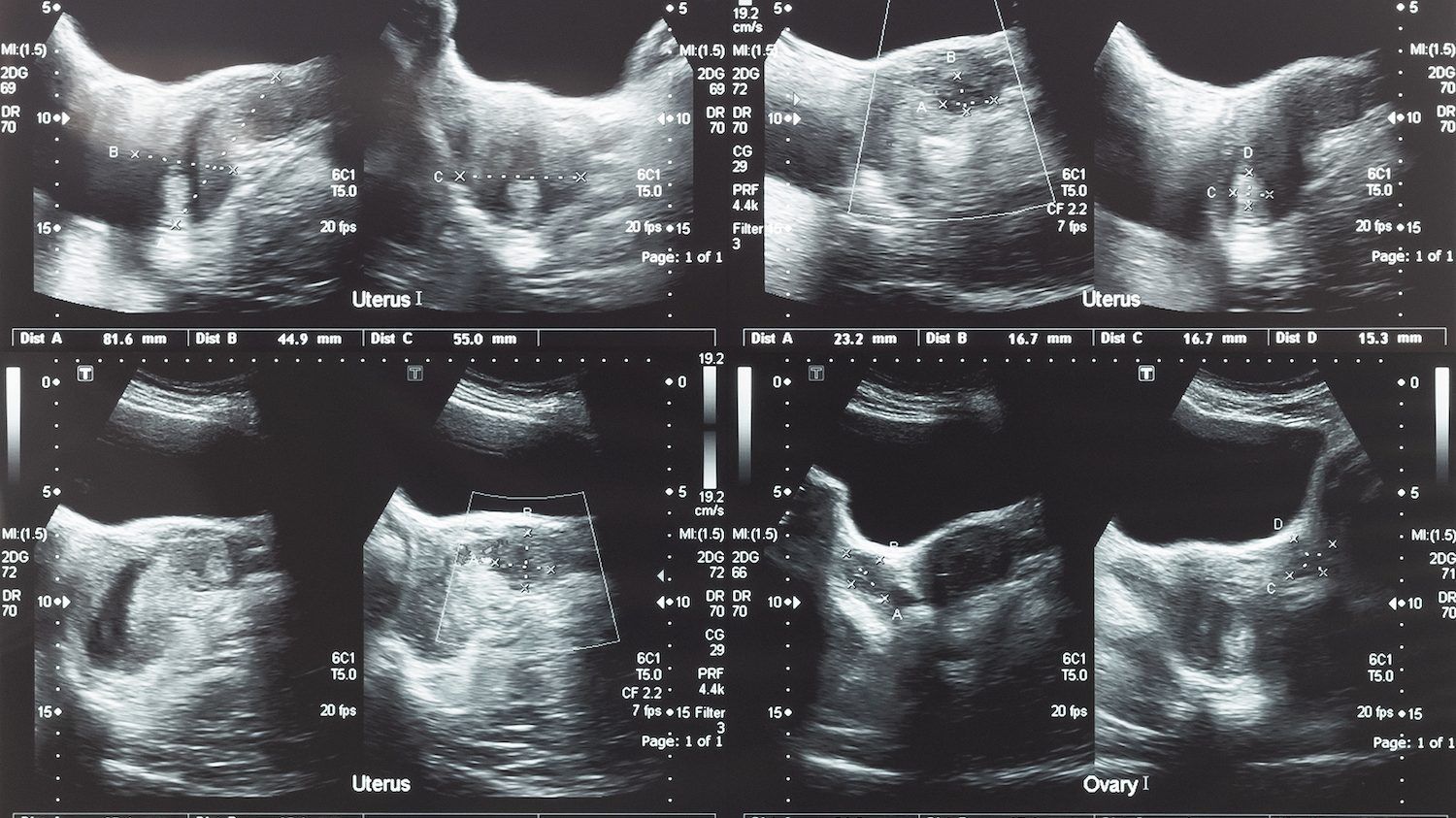estrogen vs. progesterone: have perimenopause treatments been wrong all along?
a breakthrough study shows the hormone progesterone, taken in capsule form at bedtime daily, is an effective way to decrease night sweats and improve sleep for perimenopausal women.
parkinson’s disease risk goes up with the removal of ovaries
researchers have long suspected that sex- or gender-related issues play a role in parkinson’s because the disease manifests twice as frequently in women as in men.
uterine fibroids: do you know the signs?
between 20 and 40 per cent of women in canada have fibroids, but many never experience symptoms.
 3 minute read
3 minute read









